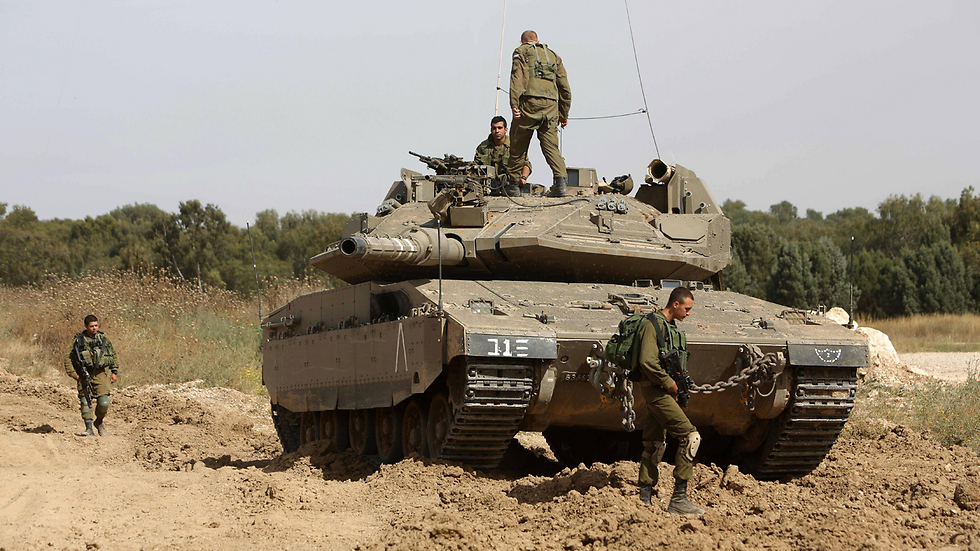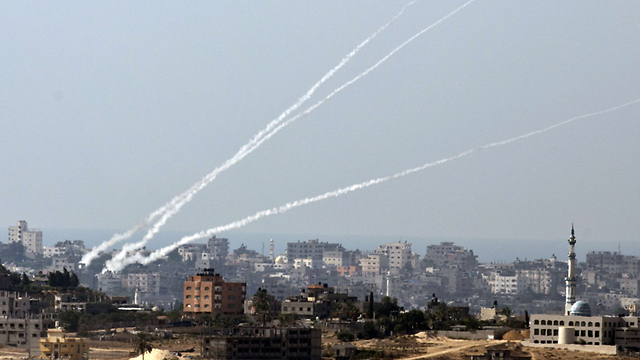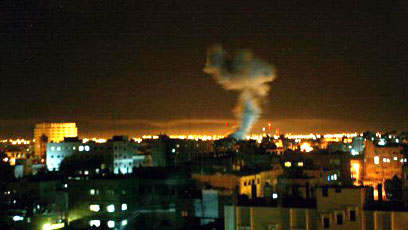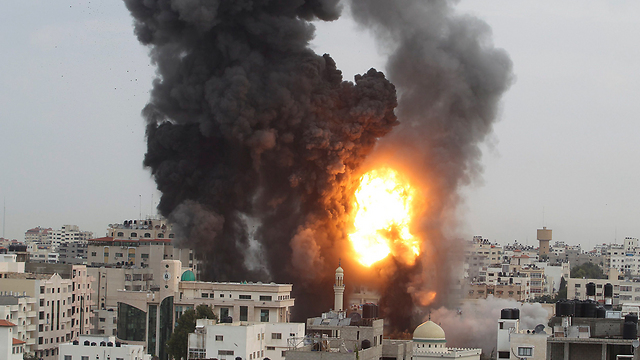
It's just such a shame that Hamas cannot be eliminated, destroyed, wiped out or erased by the tired old words uttered by those vying for the country's leadership.
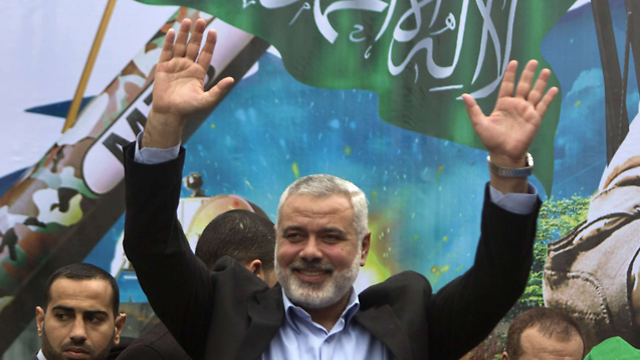
Yisrael Beytenu's Avidgor Liberman, for example, diagnosed Prime Minister Benjamin Netanyahu as a weakling with no decision-making abilities, while Opposition Leader Benny Gantz informed the public that Israel's deterrence in the face of Hamas has not been lost, it has been shattered.
Gantz then added: "We (the Blue and White Party) will wage a battle that will bring an end to all future battles against Hamas and will reinstate our deterrence."
Why you would need deterrence if you have already fought the battle to end all battles is unclear.
The New Right's Naftali Bennet, being slightly more practical, explained how gunning for the Hamas leadership is actually the way to go.
Equally good advice was handed out by former military chiefs Ehud Barak and Gabi Ashkenazi, who are also running for the Knesset next month, and therefore the obvious question must be - what planet have all these wise men been on for the past decade as Israel fought three wars against Hamas in Gaza.
During Operation Cast Lead in the winter of 2008-9, Israel endured 282 rocket attacks and nearly 200 mortar shells, including on the day the country declared a unilateral ceasefire.
Coming out of the conflict, Israel was faced with the damning UN-appointed Goldstone Commission, whose findings accused Israel of war crimes along with Hamas.
In the course of Operation Pillar of Defense four years later, 1,506 rockets were fired at Israeli communities, 300 of them involving advanced missile systems. In the last days of fighting, as then-defense minister Ehud Barak and foreign minister Avigdor Liberman signed a ceasefire agreement, 130 rockets were launched.
Operation Protective Edge ended while Benny Gantz was IDF chief and his fellow Blue and White MK Moshe Ya'alon was minister of defense. In that round of fighting Israel was on the receiving end of 4,594 rockets.
If Netanyahu the weakling, as he is now described, were to agree with his political opponents and embark on yet another battle against Hamas in Gaza, what would the likely outcome be?
Israel would no doubt be subject to massive rocket fire up to the very last moment of fighting and at the same time face urgent calls for a ceasefire agreement.
If the numbers demonstrated in the past are anything to go by, this future round of fighting would see Israeli civilians endure perhaps tens of thousands of missile strikes.
Massive numbers of casualties could be expected on both sides of the Israel-Gaza border and the cost in blood would be great.
At the end we will almost certainly be back to square one, for another relative period of calm that will be put to good use as Hamas rebuilds its arsenal of rockets.
If the leadership in Israel has changed, those dishing out their good advice to Netanyahu today may have to face the same dilemmas tomorrow while the ousted leader they are quick to criticize haunts them from the outside.
A weak, cautious Netanyahu is preferable to a strong, trigger-happy Liberman.
Considering lessons learned from years of fighting both in the north against Hezbollah and the south against Hamas, It is clear that impassioned speech-making politicians are never called upon to take up arms themselves, cross the border and join an unnecessary war that would only increase the might of extremist fundamentalists far worse than Hamas.
It is better to show restraint. Save us from the notion that a solution can be had only through the barrel of a gun. Recent history has proven the opposite.
Israel should allow more suitcases full of cash into Gaza and alleviate some of the hardships endured by its residents. This would create a perception of hope and normalcy that may even help bring stability for long enough for real change to occur.
The kind of change that can last for more than one Israeli election cycle.















